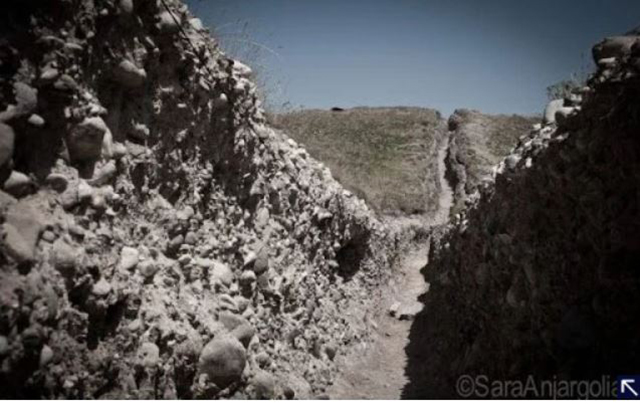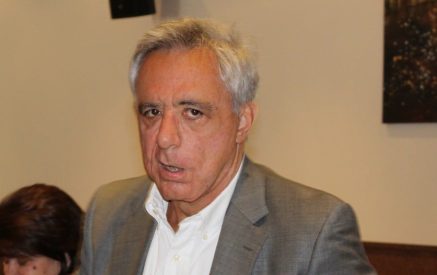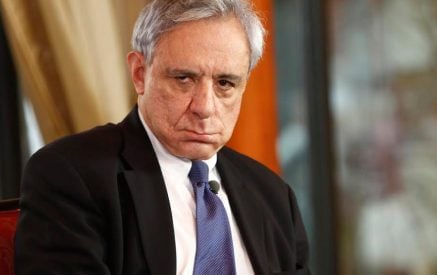When long-term state interests become the victims of political rhetoric…
“Oh, when you get half or two thirds of what you don’t have, then you can consider yourself a diplomat.” The author of this quote is the famous diplomat of the 20th century, Andrei Gromyko. In this case, I put aside the ideology, as well as the wrong decision made with the participation of Gromyko, I would even say criminal decisions (in particular, the entry of Soviet troops into Afghanistan in 1979). We are talking about the purely professional approaches that were and are present in such diplomats as, for example, Gromyko, Kissinger, Lavrov, in contrast to the impulsive, convulsive, amateurish approaches shown by the current leader of Armenia. It is not that there are no specialists in that field in Armenia.
No matter how we regard Vartan Oskanian, Eduard Nalbandyan, Zohrab Mnatsakanyan, and Ara Ayvazyan, I do not think anyone can say that they are not diplomats; there are still dozens of brilliant specialists working in the Foreign Ministry. The problem is to what extent the leader of the country takes them into account. In this regard, the same Gromyko says that when Soviet leader Nikita Khrushchev had to choose who to appoint as the country’s foreign minister, he was nominated by several candidates, but one was said to have a broad mind, intelligence, talent, and that they were a star of diplomacy As a result, Khrushchev gave preference to that very specialist: Andrei Gromyko. It is difficult to say that Khrushchev had wide horizons or was an intellectual, but he probably understood with some natural intuition that such a person should be in that important position. Meanwhile, Nikol Pashinyan, as he was elected by the people with joyful cries and chants, thinks that he manages everything and there should be no specialists by his side.
There should be “teammates” who, following the example of their boss, prefer to make fiery speeches instead of doing business, fall into a revolutionary trance when speaking and, even when talking about foreign policy topics, necessarily remember all the opponents and “former regime” by mixing it all up with the magic word “people.” While diplomacy has nothing to do with populism and demagoguery, it takes into account dozens of factors related to the relationship between forces, and it is necessary to know what and when to speak publicly or privately.
Read also
Aram Abrahamyan























































